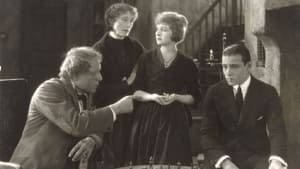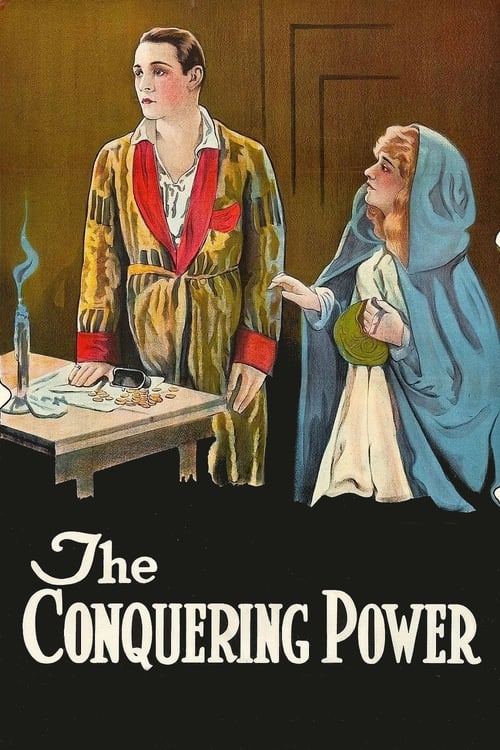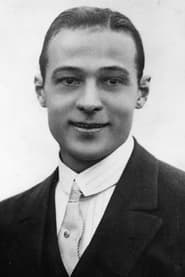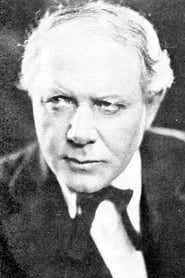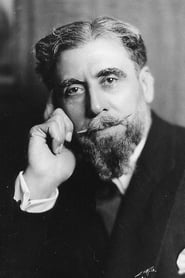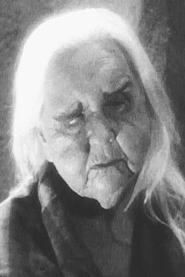Cast
View AllRudolph Valentino
as Charles Grandet
Alice Terry
as Eugenie Grandet
Ralph Lewis
as Pere Grandet
Carrie Daumery
as Mere Grandet
Bridgetta Clark
as Madame des Grassins
Mark Fenton
as Monsieur des Grassins
Ward Wing
as Adolphe des Grassins
Eric Mayne
as Victor Grandet
Edward Connelly
as Notary Cruchot
George Atkinson
as Bonfons Cruchot
Willard Lee Hall
as Abbé Cruchot
Mary Hearn
as Nanon
Eugene Pouyet
as Cornoiller
Andrée Tourneur
as Annette
Louise Emmons
as Washerwoman (uncredited)
Crew
Director
- Rex Ingram
Writer
- June Mathis
Producer
- Rex Ingram
Reviews
CinemaSerf
Rather foppish "Charles" (Rudolph Valentino) is sent, with his pet poodle, to live with his Scrooge-like uncle "Pere" (Ralph Lewis) when his wealthy banker father manages to lose his fortune and commits suicide. On arrival in their comparatively squalid home, he falls for the daughter - his cousin "Eugénie" (Alice Terry) but the uncle is not having her married to a pauper, so he is despatched off to Martinique to grow tobacco... The story takes quite a familiar turn as he writes but the father intercepts his letters, both feel abandoned and get on with their lives - until she stumbles upon his un-opened letters in her father's study and a tragic contretemps ensues. It's all just a little too formulaic, but the performances especially from the beautiful and determined Terry, the much less manicured and frankly more handsome Valentino and Lewis as the venal uncle are engaging, and there is quite an enjoyable redemption scene at the conclusion with some efficient visual effects. A simple story but still well worth a watch, I'd say.
Jun 6, 2022
Thematic Analysis
As a dramatic work, The Conquering Power examines complex human relationships and emotional struggles against the backdrop of a period setting that reflects societal issues of its time. The character development particularly stands out, offering viewers a chance to reflect on their own life journeys.
Director Rex Ingram brings their distinctive visual style to this film, continuing their exploration of themes seen in their previous works while adding new elements. Their approach to character development and emotional depth creates a viewing experience that rewards close attention.
Released in 1921, the film exists within a cultural context that now offers viewers historical perspective on the social issues of that era. Its reception demonstrates the diverse reactions to its artistic choices and its place in cinema history.
Did You Know?
- The production of The Conquering Power took approximately 17 months from pre-production to final cut.
- The final cut of the film runs for 89 minutes, though the director's initial assembly was reportedly 111 minutes long.
- The screenplay went through 6 major revisions before the final shooting script was approved.
- Several scenes were filmed in multiple locations to capture the perfect setting.
- The musical score contains over 73 unique compositions.
Historical Context
- In 1921, when this film was released:
- Rock and roll music was revolutionizing popular culture.
- The Cold War was intensifying, influencing global politics and culture.
- The film industry was dominated by major studios, with independent cinema still in its early development.
How This Film Stands Out
While The Conquering Power shares thematic elements with other films in its genre, it distinguishes itself through its unique approach to storytelling, visual style, and character development.
Unlike Modern Times, which focuses more on action than character development, The Conquering Power subverts genre expectations by exploring its themes with greater nuance.
While films like White Gold and Trilby and Little Billee explore similar territory, The Conquering Power stands apart through its distinctive directorial vision and pacing.
This film's unique contribution to cinema lies in its bold artistic choices and willingness to challenge viewer expectations, making it a valuable addition to its genre.
Details
- Release Date: July 8, 1921
- Runtime: 1h 29m
